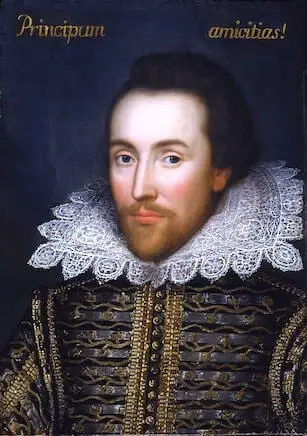The whole thing. The last word. Something that so entirely suitable as to eliminate the need for a search for an alternative.
The be all and end all
What's the meaning of the phrase 'Be all and end all'?
What's the origin of the phrase 'Be all and end all'?
‘The be all and end all’ was coined by William Shakespeare in Macbeth, 1605. The bard gives these lines to Macbeth, when he is contemplating assassinating King Duncan of Scotland and taking the throne for himself.:
If it were done, when ’tis done, then ’twere well
It were done quickly. If th’ assassination
Could trammel up the consequence, and catch
With his surcease, success: that but this blow
Might be the be-all and the end-all
As anyone who knows the play’s plot will be aware, things don’t turn out quite so simply for Macbeth and the murder is far from being the ‘end all’.
In everyday speech we now use the expression ‘be all and end all’ less so than in the past, but it hasn’t become archaic quite yet.
Related phrases and meanings
Browse more Phrases
About the Author

Phrases & Meanings
A-Z
A B C D E F G H I J K L M N O P Q R S T UV W XYZ
Categories
American Animals Australian Bible Body Colour Conflict Death Devil Dogs Emotions Euphemism Family Fashion Food French Horses ‘Jack’ Luck Money Military Music Names Nature Nautical Numbers Politics Religion Shakespeare Stupidity Entertainment Weather Women Work
How did we do?
Have you spotted something that needs updated on this page? We review all feedback we receive to ensure that we provide the most accurate and up to date information on phrases.
